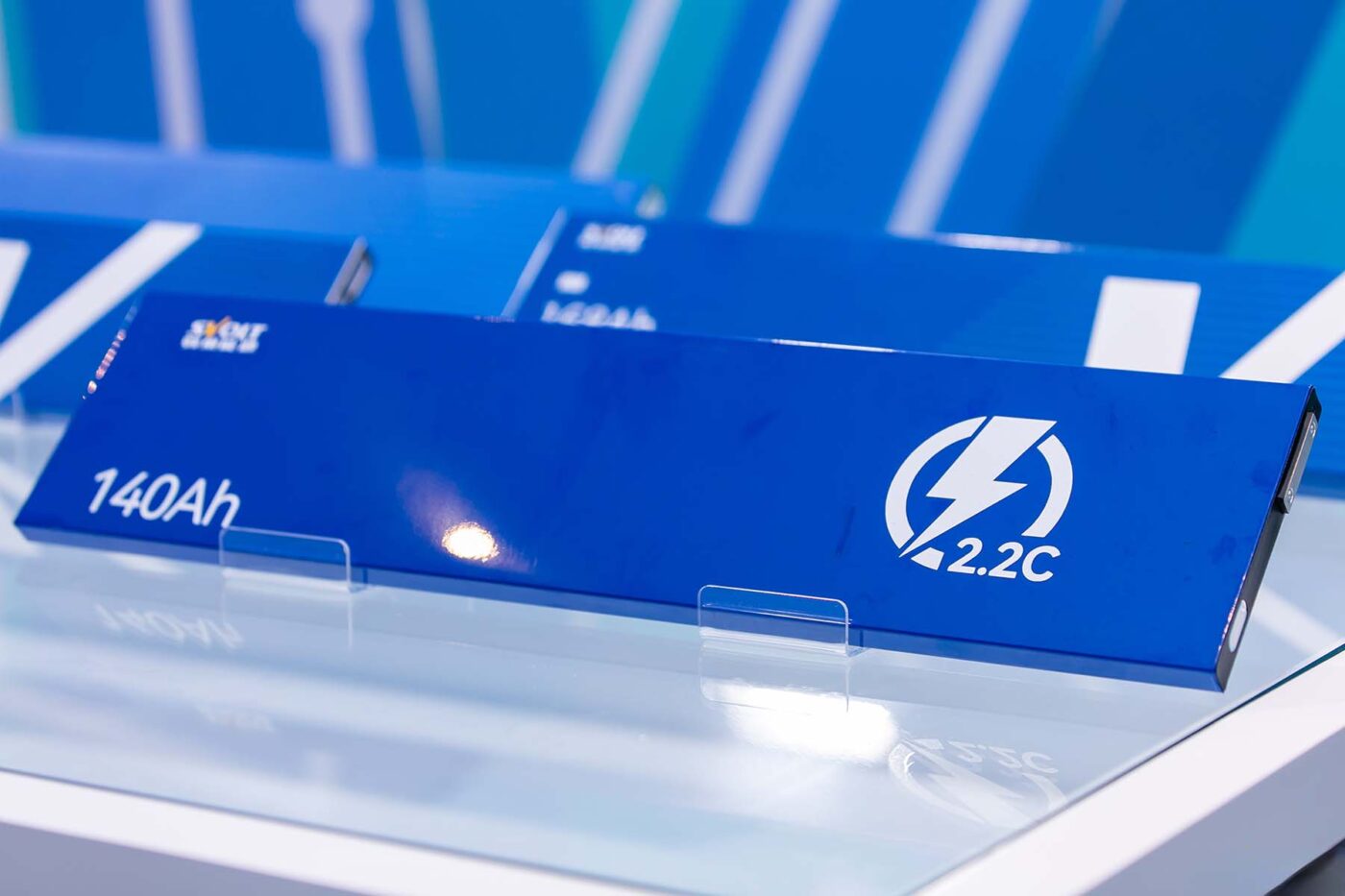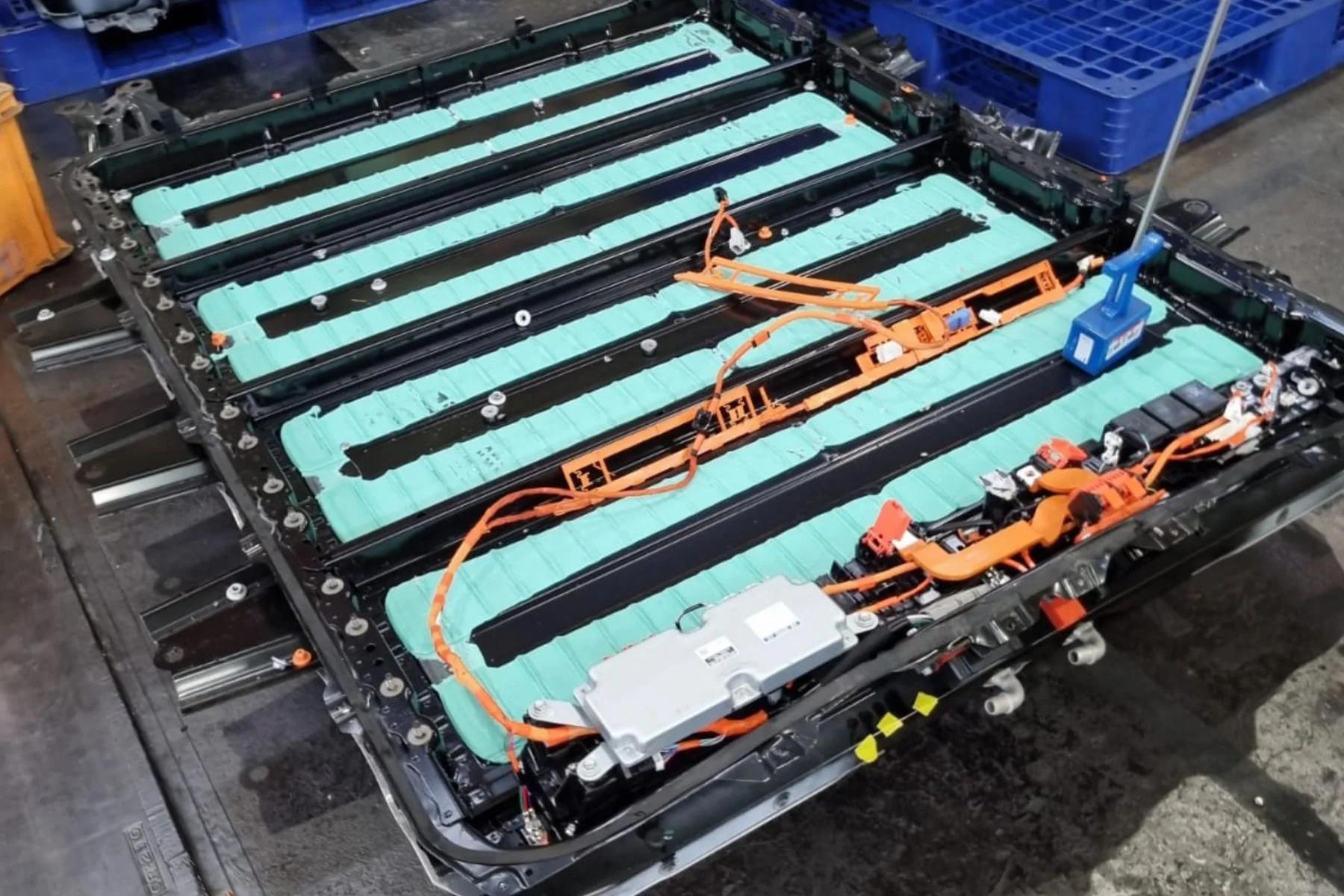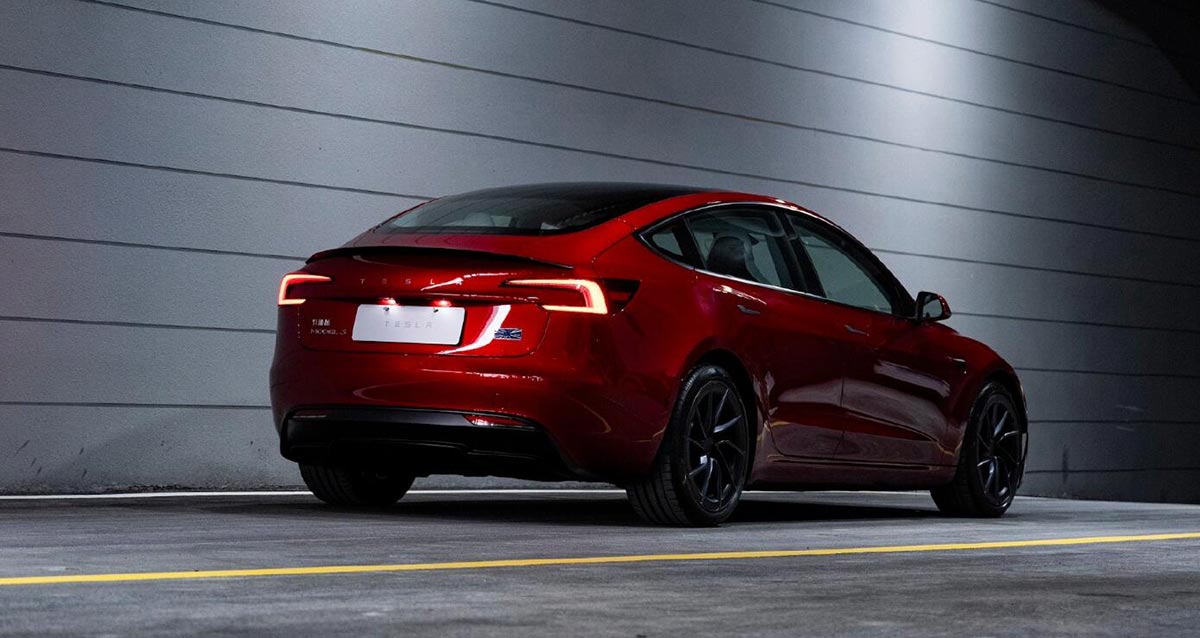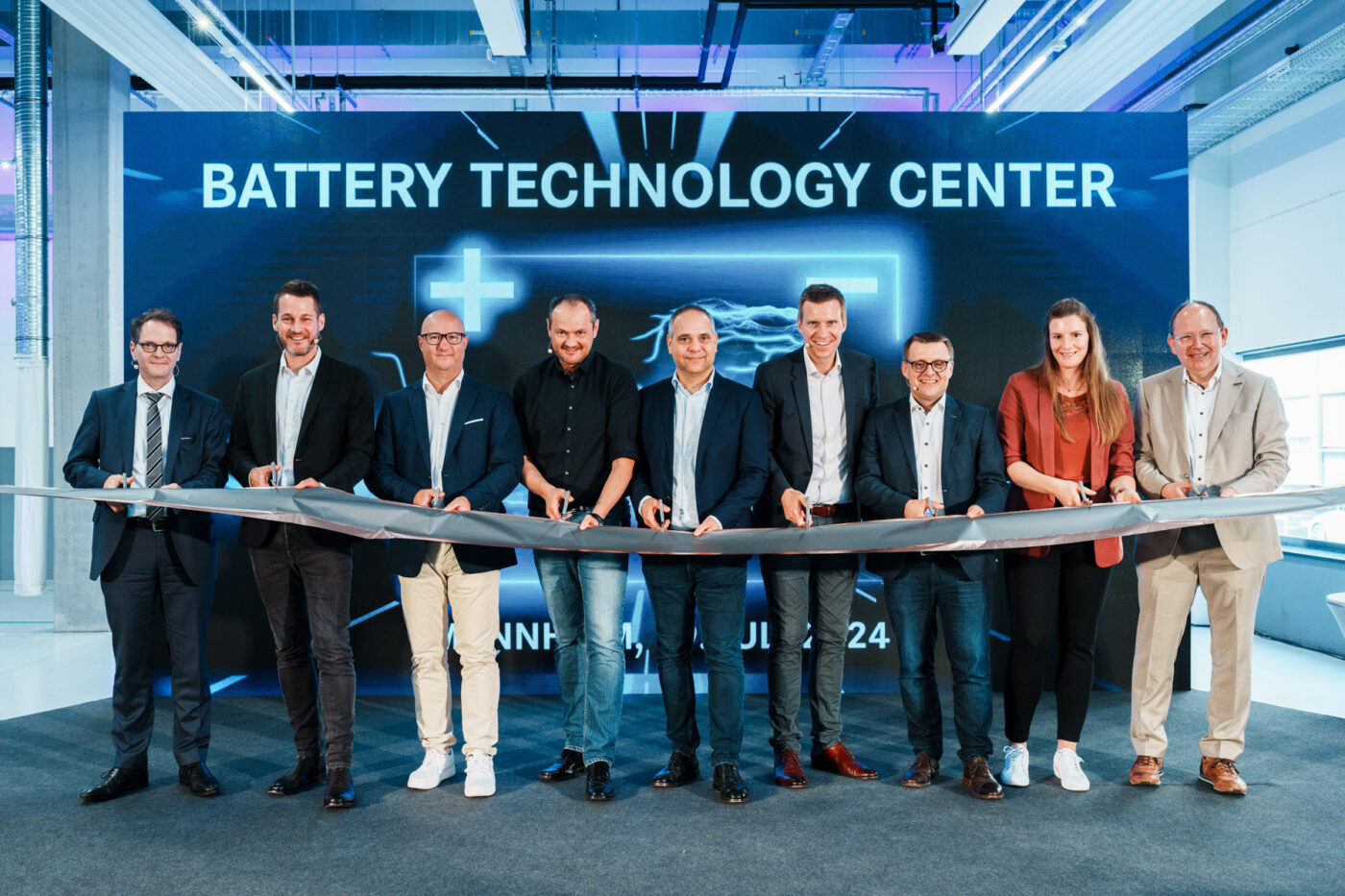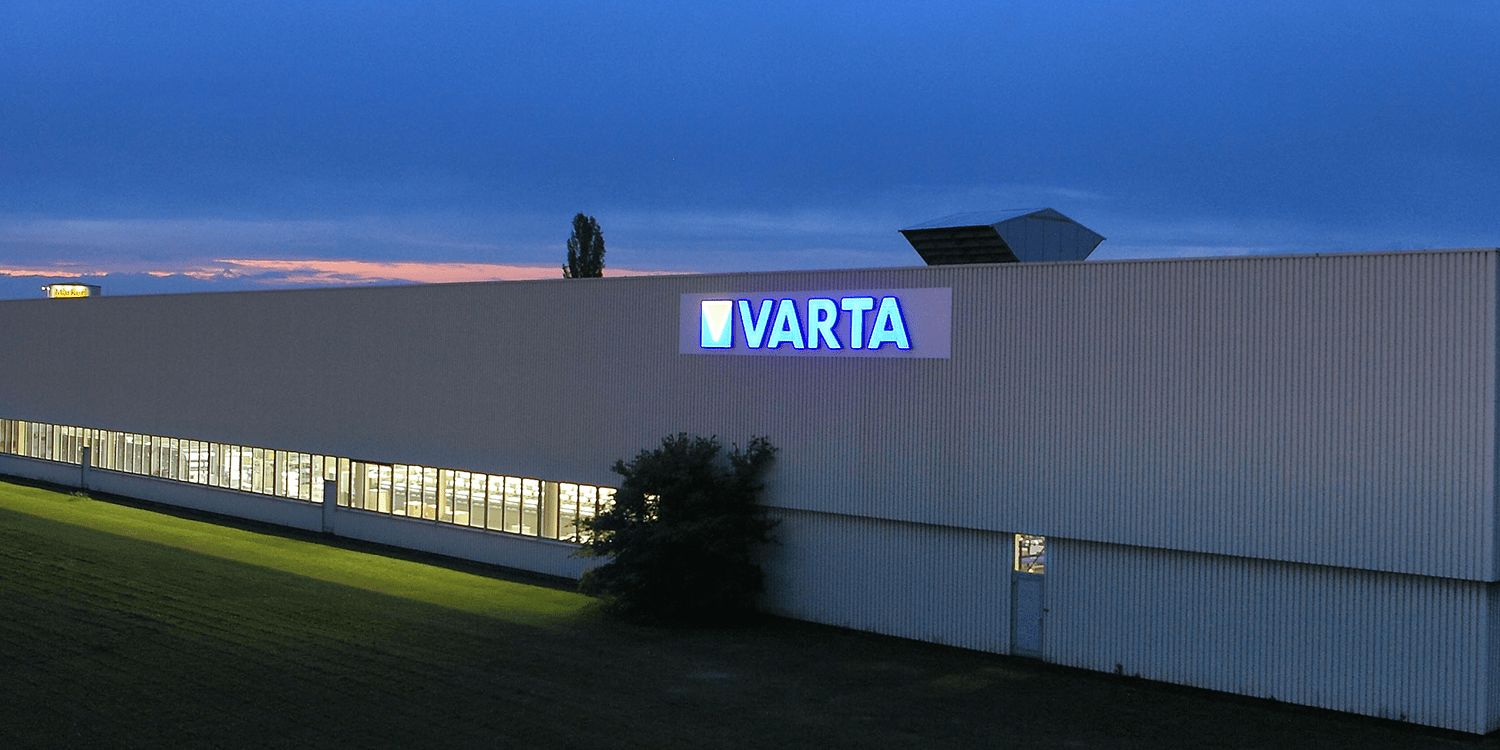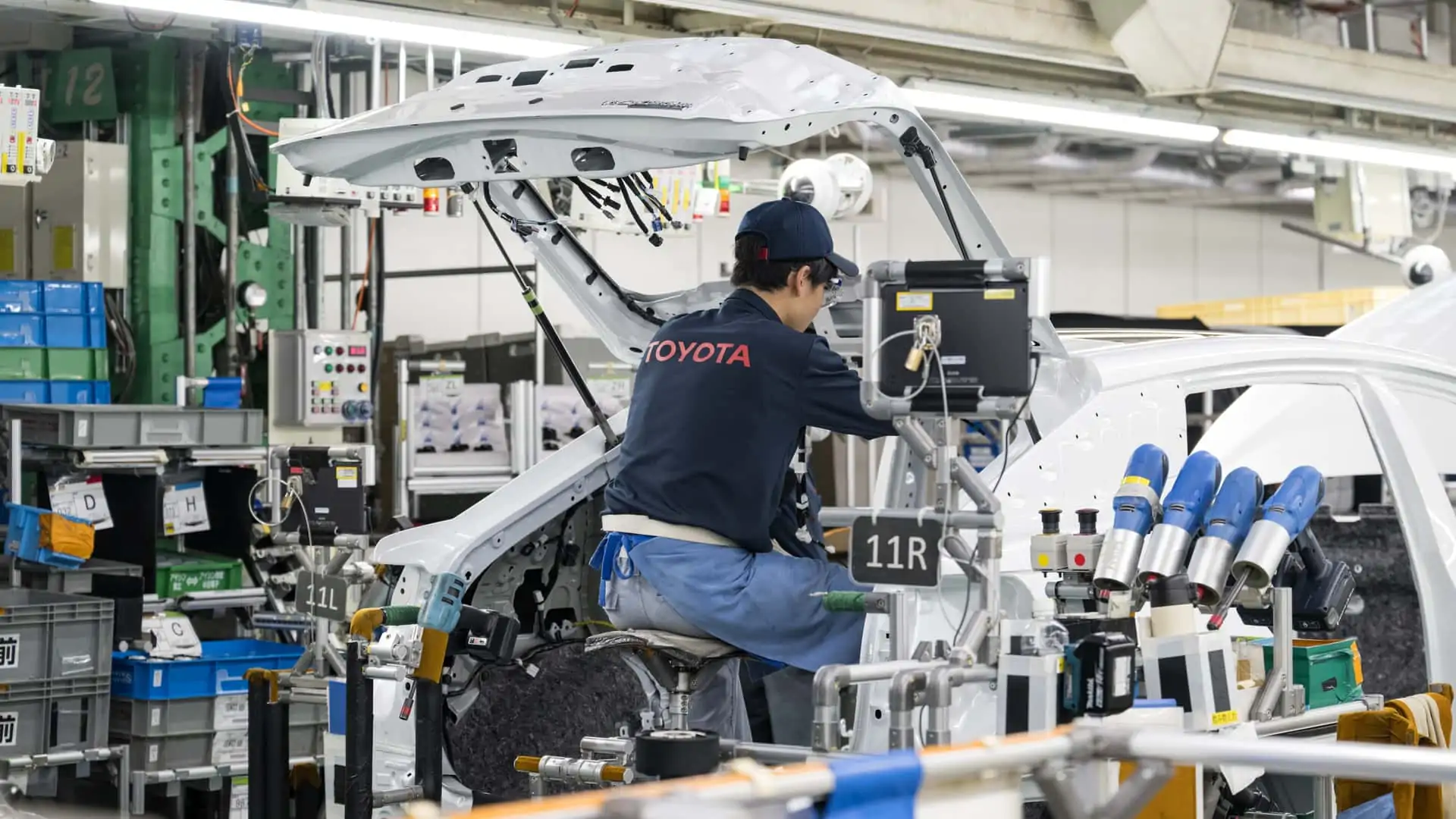SVOLT, a prominent battery manufacturer, has introduced three new prismatic ‘short blade’ batteries for electric vehicles (EVs), featuring advanced fast-charging capabilities and various chemistries. The new lineup includes lithium iron phosphate (LFP) and nickel manganese cobalt (NMC) cells, alongside a special version for plug-in hybrids (PHEVs).
The headline product, the 5C fast-charging LFP battery, promises to charge from 10% to 80% in just ten minutes. With an energy density of 188 Wh/kg, this battery offers a service life of 3,500 charging cycles, significantly higher than the typical 1,000 cycles for current lithium-ion cells. SVOLT plans to commence series production of this battery in December 2024, following its initial announcement in December 2023.
A notable feature of the 5C battery is its ability to deliver high charging capacity. For instance, a 50 kWh battery can achieve a peak charging rate of 250 kW. This performance is highlighted by the battery’s potential lifespan, which SVOLT estimates could exceed one million kilometers for a standard 60 kWh compact vehicle battery.
SVOLT is also showcasing a 6C fast-charging NMC battery, which the company claims can charge from 10% to 80% in five minutes. This technology enables a 100 kWh battery pack to reach a peak charging power of 600 kW, allowing a long-distance EV to recharge for 350 kilometers within the same duration. According to SVOLT, this quick charge could provide up to 500-600 kilometers of range “in the time it takes to drink a cup of coffee.”
The NMC ‘short blade’ cell, with an energy density of 240 Wh/kg, can potentially support battery packs ranging from 100 to 120 kWh. However, SVOLT has not specified a production start date for this 6C variant.
Additionally, SVOLT introduced the ‘800 Volt 4C PHEV Dragon Armor,’ an NMC battery designed for plug-in hybrids. This innovation aims to integrate 800-volt technology into PHEVs, offering a purely electric range of 300 to 400 kilometers due to its energy density of 250 Wh/kg. Production for this battery is slated to begin in mid-2025.
Historically, SVOLT has focused on pouch cells with flexible film pouches. The shift to prismatic cells, featuring a stable housing, aligns with the industry’s trend towards cell formats that support structural load in new cell-to-pack designs. SVOLT opted for prismatic over cylindrical cells due to manufacturing challenges associated with cylindrical formats. “Cylindrical cells are widely used due to their high energy density and established production standards. However, there are considerable challenges in their production, including high costs and complex manufacturing processes,” a SVOLT representative explained.

